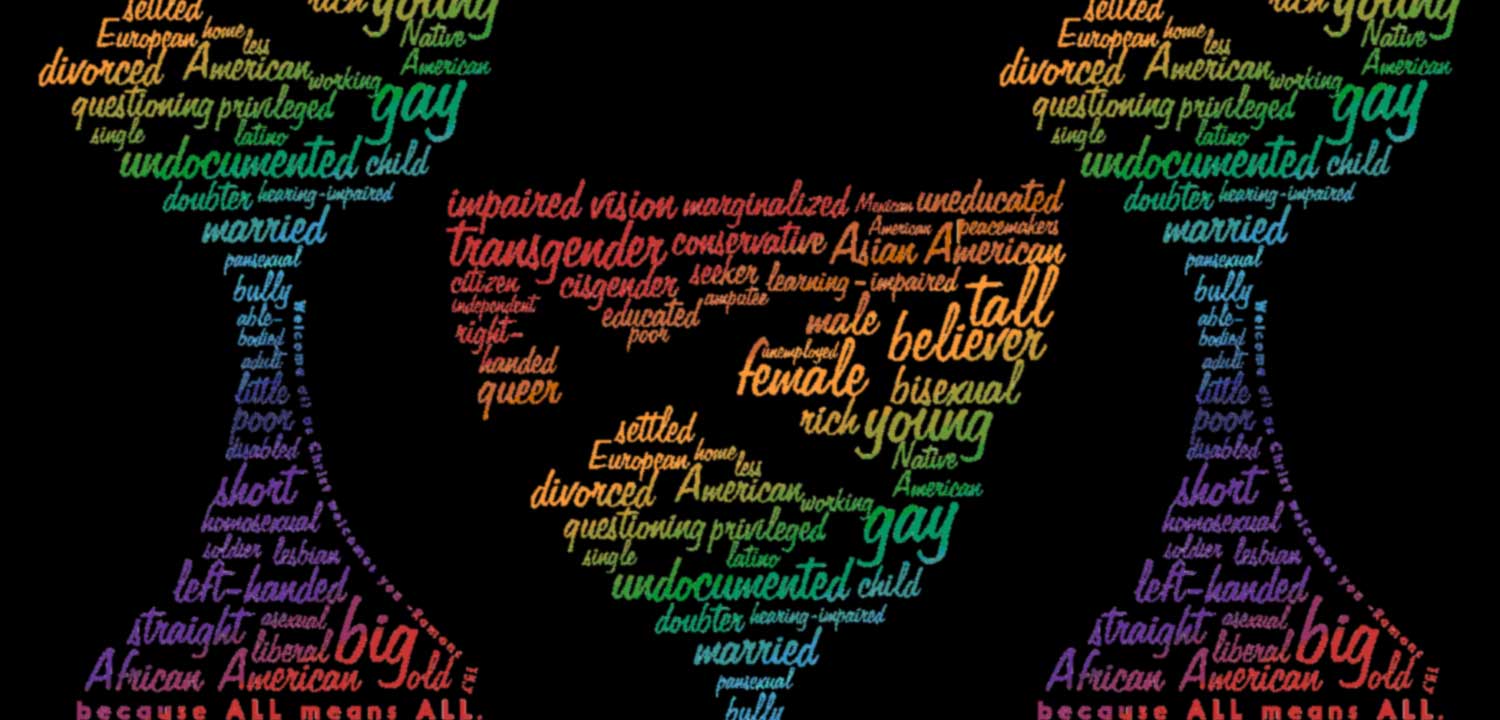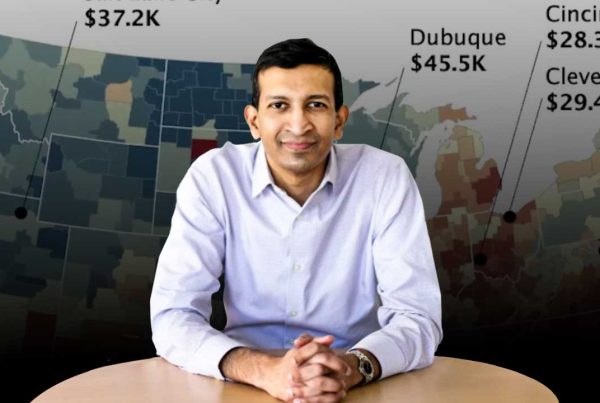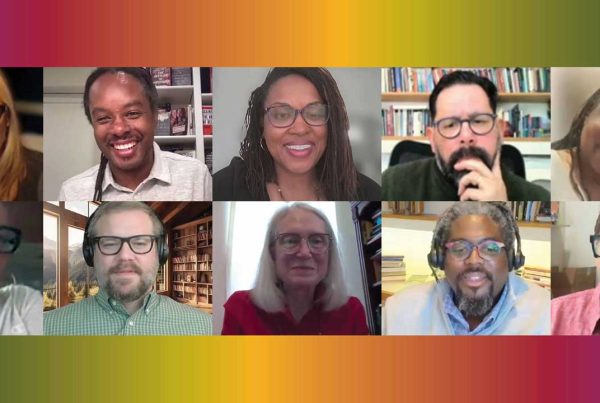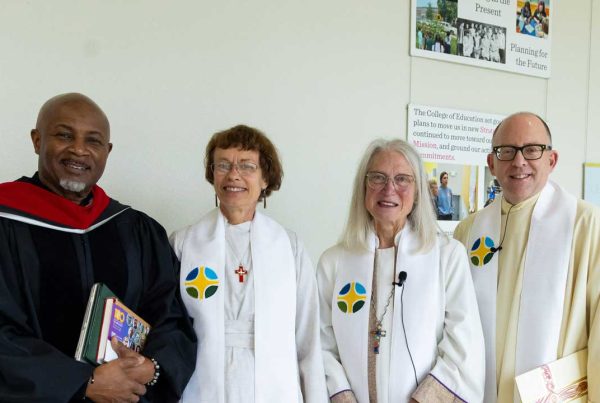Bob Shaw (MDiv ’73) Reflects on Allyship and Privilege
Bob Shaw’s (MDiv ‘73) journey from naivety about LGBTQ+ issues to becoming a dedicated advocate is emblematic of the evolution of allyship in the LGBTQ+ community. His experiences span over four decades, during which he witnessed both the progress and challenges faced by the community. In his role as a Council Member for the Disciples LGBTQ+ Alliance, he represents a growing alliance between the LGBTQ+ community and their straight, cisgender allies. Bob’s story and reflections offer insights into the importance of allies in the LGBTQ+ community, their role in amplifying LGBTQ+ voices, and the delicate art of using one’s privilege without overshadowing the lived experiences of LGBTQ+ leaders.
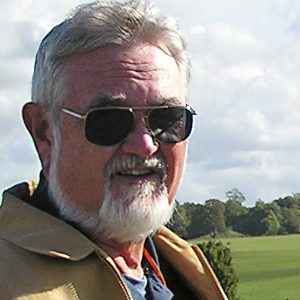 Bob’s story begins in the heart of the Christian Church (Disciples of Christ) as a straight, white, cisgender male. Growing up in Kentucky, he recalls a time when discussions about homosexuality were practically nonexistent. This changed when he attended seminary in the late ’60s, where conversations about inclusivity, love, and Jesus’s teachings reshaped his understanding.
Bob’s story begins in the heart of the Christian Church (Disciples of Christ) as a straight, white, cisgender male. Growing up in Kentucky, he recalls a time when discussions about homosexuality were practically nonexistent. This changed when he attended seminary in the late ’60s, where conversations about inclusivity, love, and Jesus’s teachings reshaped his understanding.
During his seminary years at CTS, Bob, like many of his peers, was engaged in theological discussions that touched on civil rights and the Gospel’s liberating power. These conversations affirmed the belief that the love of Jesus extends to all, regardless of sexual orientation. However, at that point in his life, these discussions remained largely theoretical.
The turning point in his journey came when he learned that a close friend from seminary, Richard, had come out as homosexual. Richard’s story was one of struggle, self-denial, and eventually acceptance. His experience opened Bob’s eyes to the very real pain and suffering that LGBTQ+ individuals often face. It was no longer just a theological concept but a reality that hit close to home.
Richard worked for their denominational publishing body, and when he was outed at work and refused to deny being gay, Richard was fired on the spot. Bob was shocked, facing the underlying danger of his own implicit bias as he surrounded his friend with loving support and was appalled by the actions of Richard’s employer. Bob’s friendship with Richard inspired him to get actively involved in the LGBTQ+ advocacy movement. He realized that there was a crucial need for advocacy and support within the LGBTQ+ community, particularly within his own Christian Church (Disciples of Christ) denomination.
As the LGBTQ+ movement gained momentum, Bob found himself at a crucial juncture. At the 1977 General Assembly of the Christian Church (Disciples of Christ), Bob bore witness to the injustices faced by Richard. He recognized that it was time to become not just supportive but visible in advocating for the rights and acceptance of LGBTQ+ individuals within the church. This led to Bob’s active participation in major resolutions related to inclusiveness within the church, even speaking on the assembly floor with thousands of people present. This transformation from passive support to vocal advocacy was a significant shift in his life and faith journey.
As Bob continued to engage with the LGBTQ+ community, he became a charter member of the GLAD (Gay, Lesbian, and Affirming Disciples) Alliance, now known as the Disciples LGBTQ+ Alliance, an unofficial yet influential movement within the Christian Church (Disciples of Christ). This journey, from naivety to active advocacy, highlights the power of allies in the LGBTQ+ community and their role in championing acceptance and inclusivity.
Bob acknowledges the significant strides made in LGBTQ+ acceptance but remains aware of ongoing challenges, especially concerning LGBTQ+ education and policies. Recent attacks on LGBTQ+-friendly initiatives, particularly in schools, have raised concerns. He stresses the importance of “intersectionality.” In the early days, LGBTQ+ allies worked alongside the LGBTQ+ community with a sense of unity. Over time, he observed a subtle shift where discussions seemed to prioritize specific issues or types of discrimination. He encourages a return to the spirit of common purpose and unity among allies and the LGBTQ+ community.
Bob’s personal journey as an ally had led him to reflect on his “Position of Privilege” (what he calls his POP) as a straight, white, cis male. He recognizes that his privilege offers a unique platform to advocate for LGBTQ+ issues. In the past, he has used this privilege to speak out in situations where LGBTQ+ individuals couldn’t, knowing that there would be minimal consequences for him.
However, the landscape is changing. Society is reevaluating the concept of privilege, and this shift is especially pronounced within the LGBTQ+ community. He acknowledges the ongoing conversation about the role of allies with privilege, whether it remains a useful tool or becomes a liability that overshadows LGBTQ+ voices.
Bob’s humility and self-awareness serve as a guiding light for allies navigating the evolving role of privilege. He emphasizes that allies with privilege still have a role to play, but it’s not the same high-profile leadership that was once necessary. Instead, the emphasis is on collaboration, listening, and continued exploration of how allies can contribute effectively.
In Bob’s full reflection on his Power of Privilege below, we find a powerful message for allies and the LGBTQ+ community at large: the journey towards equality is multifaceted, involving continuous self-awareness, intersectional unity, and an evolving understanding of privilege. It’s a journey that requires commitment, resilience, and unwavering support for the voices that need to be heard. Bob suggests that allies with privilege must adapt their role, embracing collaboration, listening, and continually exploring how they can contribute effectively to the LGBTQ+ movement. His story reminds us that sometimes, transformation begins when we move from passive acceptance to actively advocating for those whose voices need to be heard and celebrated.
My POP
Bob Shaw (MDiv ’73)
This fall I completed my four year term on the Leadership Council of Alliance Q. I have been part of the Alliance, formerly known as GLAD, from the beginning, and was actually part of the movement before the date we recognize as the beginning of GLAD at the General Assembly in 1977. I have been asked to share some reflections on my experiences over some 45 years, with special emphasis on how things are different today and as we look to the future.
I begin with the obvious: We’ve come a long way, but there is still much to be done. While I obviously believe this, I would have had greater confidence 5 or 6 years ago.
I often tell the story of my friend who worked for our denominations publishing house in 1975. After being outed as gay and refusing to deny it, he was literally fired on the spot, escorted to his desk to pack his things and escorted out of the building. My snarky side always wants to add to the story, “Were they afraid he might sell some of our secrets to Cokesbury?” The last time I told this story publicly, there were several 20-something LGBT people present who were absolutely shocked. Obviously there are still places where such things happen, but our church is better than it was.
Two steps forward, one step back. Better than 40 years ago, but we seem to be taking a step or two backward now. People believe they have been given fresh permission to question or even attack anything perceived as gay friendly, most notably school curriculum. The idea that we might argue and disagree while respecting one another as we once did seems silly and naïve today.
Two brief thoughts I want most to share about how things are different today are aspects of our diversity that I believe are related.
- The term “intersectionality” seems essential to our thinking and action today. Fifty years ago we said things like “gayanlesbian” (my spellcheck doesn’t like that one!), slurring it together like it was one word, and assumed we were talking about everybody in the community we today call LGBTQ+ (the frustration of a 74 year-old trying to keep current with new terms is a whole other conversation). I believe there really was a sense of all, including allies, being in this together. I also believe I saw evidence over the years of this breaking down a bit. I remember group conversations where there almost seemed a competition for who has the most right to complain. I’ve experienced what felt like insisting that “we’re more oppressed than they are.” I believe our focus today on reclaiming that sense of common purpose is absolutely vital. My sense is that we are making progress on that score, but the risk of losing ground is real. Devoting energy, thought, and focus to increasing our sense of intersectionality is crucial for continuing progress.
- My second thought is somewhat related to the first. I call this a reflection on my POP. POP is my own acronym, original as far as I know, for Position of Privilege. I am a straight white cis male. Well educated, not truly wealthy but on the upper end of middle-class. At 74 my body is not what it once was, but I’ve always been strong and healthy, with broad shoulders and a camp counselor voice. On a simple academic level, I’ve always known that such POP matters. In recent years there has been so much emphasis on this that I’ve had to seek deeper understanding. I now continually have experiences that touch me on a gut level in a new way. This is a continuing process for me, and I never expect to reach a point where I need no further growth.
As an ally, I have historically perceived my POP to be a useful tool, and sometimes even intentionally analyzed it. My POP enabled me to do and say certain things that others could not. For example, if forty-five years ago I made a point in a discussion that I was gay-friendly, I risked having an unpleasant conversation with someone who strongly disagreed. Minor inconvenience. No big deal. If my LGBTQ friend or colleague did the same thing, their career could end on the spot! I’ve had so many discussions with someone who thanked me after the fact for saying what they could not because of the risk. I had a platform some could not use.
I perceive this to be radically different today. Society wide, we are re-evaluating what it means to have privilege. This is especially true in the LGBTQ+ community, and specifically the Alliance Q. Is this type of privilege still a useful tool? For some, obviously yes. For some it is almost anathema. Is my POP a liability that makes me less useful rather than more effective? In my most cynical moments I sometimes think there are those who believe I should just go home, be quiet, and please send a check from time to time. I don’t think anyone wants straight cis allies with POP to go away, but I have been in situations where I felt some seemed to believe people like me didn’t have much to contribute.
I really think it is fair for me (and others) to feel good about contributions we have made over the years, and at the same time recognize that the LGBTQ+ movement in general, and the Disciples Alliance Q in particular, do not need the kind of high profile leadership from straight cis allies that was necessary in the past. This does not mean I think that people like me with my POP no longer have a role. Let’s continue to explore! Let’s keep thinking about this and keep working!

